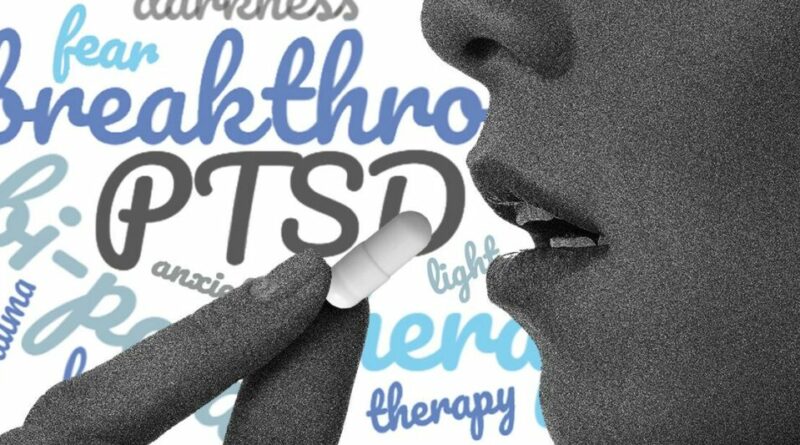MDMA Therapy for PTSD FDA Phase III Trials
[Please note that this page contains affiliate links. If you choose to purchase after clicking a link, I may receive a commission at no extra cost to you.]
MDMA-assisted therapy for PTSD has shown favourable results from the latest phase 3 clinical trials, making it a crucial step on the path moving forward for FDA approval.
Scientists at UC San Francisco discovered that patients that received MDMA along with talk therapy had substantial improvement in their symptoms, at double the rate compared to those who received the placebo. They also received talk therapy.
This is not the only study to show the benefits of using MDMA therapy for PTSD.
Why MDMA-assisted therapy for PTSD?
Bearing in mind the difficulty of treating PTSD when administered in a clinical setting and combined with modern treatments such as talk therapy, MDMA has shown promising results.
MDMA-assisted therapy for PTSD may have benefits that are long-lasting from previous research. It is similarly beneficial for couple’s therapy.
MDMA may go by the name’s molly or ecstasy on the streets, but it began in a therapeutic setting.
Merck pharmacists initially invented MDMA in 1912. But unfortunately, the drug was shelved and forgotten about for over sixty years.
In 1986 MDMA was resynthesized by Alexander Shulgin, who tested the psychedelic on himself.
As soon as Shulgin realized that it had mental health uses, he presented it to Leo Zeff, a psychotherapist who gave it to others.
In a short while later, in the mid to late 1980s, hundreds of therapists had easily administered millions of doses.
When MDMA found its way to the streets being used in bars and rave parties alike, MDMA was classified as a schedule 1 drug by the FDA.
Because of this, research for it came to almost none because of the hurdles set up by the federal regulations.

MDMA Therapy for PTSD FDA Phase III Trials
Researchers like Rick Doblin, founder of the Multidisciplinary Association for Psychedelic Studies (MAPS), a non-profit, was one of the only people who found ways to study it and would look for its approval for MDMA therapy for PTSD.
The third and final stage clinical trial, supported by MAPS, registered 90 participants in fifteen institutions across Israel, Canada, and the U.S.
Published in the journal Nature Medicine, MAPS released statistics that the clients had “chronic and severe PTSD for any reason” they have had it for an average of 14 years.
The study was controlled, blind, and randomized, where patients were randomly chosen to receive either a placebo or MDMA throughout three sessions.
The therapists weren’t aware of who had the placebo and who received the MDMA. The talk therapy was the same for both groups.
Clients had introductory therapy sessions, which is a crucial component of MDMA-assisted therapy.
It is not so much the MDMA per se, but the drug enhances the therapy.
Participants were put into two groups who all were given three treatments, a month apart each, integrating either the placebo or MDMA, as well as weekly talk therapy.
AFTER THE THREE SESSIONS, the MDMA therapy group showed that 67% of them no longer met the criteria for a PTSD diagnosis, and 88% showed a significant reduction in symptoms.
The placebo group showed that 32% of them no longer had a PTSD diagnosis, and 60% showed a reduction in their PTSD symptoms.
How Does MDMA Therapy for PTSD Work?
As of now, scientists don’t know how using MDMA therapy for PTSD works which are common in psychopharmacology.
MDMA dramatically increases dopamine, oxytocin, and serotonin levels in the body, leaving the user feeling happy and relaxed. Hence, it was given the street name ecstasy.
MDMA therapy for PTSD allows the patient to work through and face their trauma without being overwhelmed.
People with PTSD well under the psychedelic become very introspective, learning new insights.
MAPS’ phase 3 second trial is currently underway as the FDA requires multiple phase 3 trials.
In a pilot study in the U.K, researchers are also looking at MDMA therapy as a treatment for alcohol addiction and social anxiety in adults who have autism.

